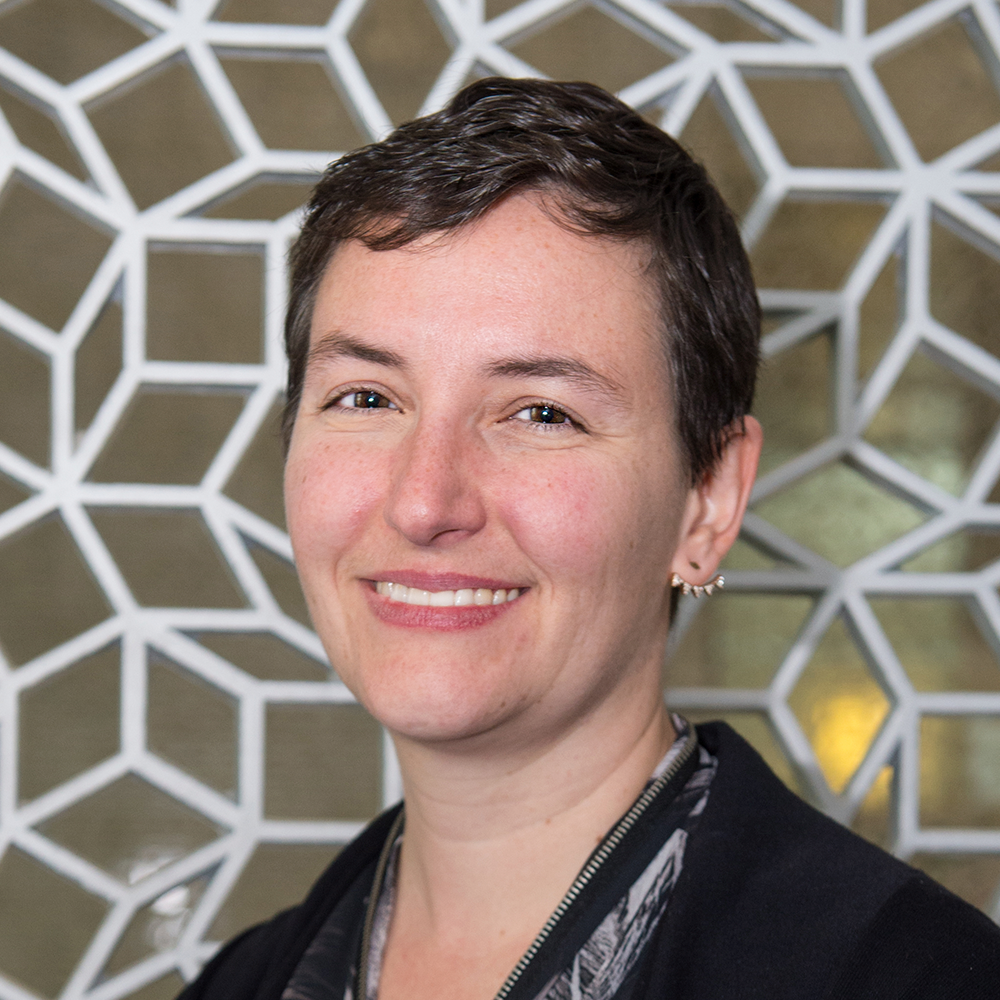Autism spectrum disorders (ASD) are highly heterogeneous neurodevelopmental disorders that are clinically characterized by the manifestation of distinct behavioral, communication, and social deficits. Genomic analyses of ASD families has led to the identification of several autism-associated genes, however, it is likely that several hundreds of genes are involved in the complex ASD etiology. It is therefore important to identify further variants and genes that contribute to the development of ASD.
Here, the proposed research aims to to define autism-associated neuronal enhancers using two approaches. Firstly, the team will use publicly available data from large whole-genome sequencing projects of autism families to find enhancers that harbor an excess number of de novo variants in ASD probands. Secondly, they will use Omni-C to investigate long-range regulatory interactions present in cortical neurons differentiated from patient-derived iPSC and identify enhancer elements that show allele-specific interactions in these cells. Subsequently, they will use these long-range regulatory interaction maps to determine the autism-associated enhancers’ target genes. Novel candidate genes will be functionally characterized in Drosophila by knocking them down in the CNS of the embryo and subjecting the young flies to ASD-relevant behavioral assays, assessing habituation, social interaction, and feeding.









